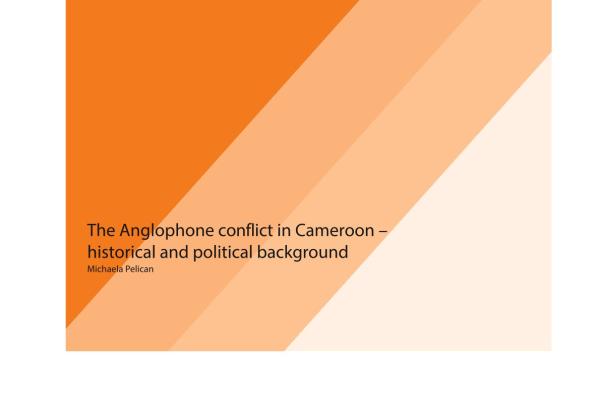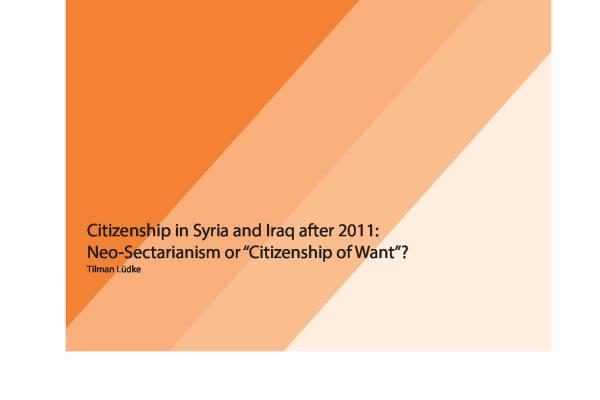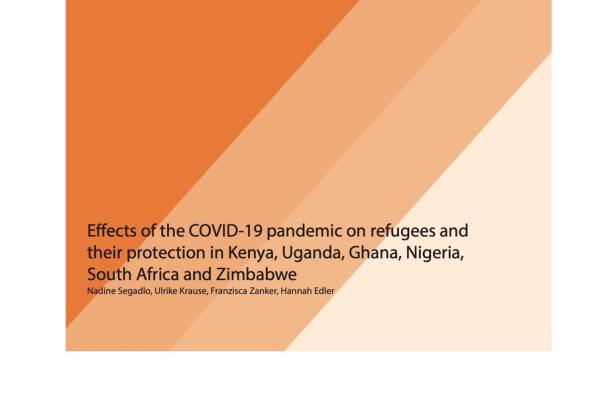
This paper introduces the mini-series of ABI working papers addressing the Anglophone conflict in Cameroon (Adama 2022; Pelican et al. 2022; Willis et al. 2022).
The conflict erupted in late 2017 after one-year-long peaceful protests for the representation of the British colonial heritage in Cameroon’s English-speaking regions had been met with state violence. In the five years since, guerrilla warfare between Cameroonian state forces and Anglophone separatist groups has led to the death of over 6,000 persons and the displacement of an estimated 765,000 (ICG 2022).
The papers in this series are empirically informed and illuminate different experiences from within the conflict. The article by Roxana Willis, Caroline Mbinkar and James Angove is based on interviews with civilians and separatist fighters and interrogates the motives and moral codes that guide the separatists’ use of violence. Michaela Pelican, Kim Schumann, Sina Plücken and David Drew study the conflict’s impact on the Mbororo ethnic minority in the Anglophone North West region, and the role of the diaspora and social media in fuelling or mitigating the situation. The paper of Ousmanou Adama focuses on the coping strategies of Anglophone youths who have been internally displaced to the Far North, a region that since 2013 has been gravely affected by Boko Haram insurgencies and has become both a source and destination of internal and transborder displacement.
In their diversity, the three papers make a joint contribution to the subject of conflict studies: They illustrate that there is no comprehensive or neutral narrative on the Anglophone conflict, its causes, or effects, but rather a collection of highly contextual and positioned narratives that are, at times, incompatible with each other, yet each coherent in their own right. To place the different voices in context, this introductory article provides the necessary historical and political background to the current conflict.


